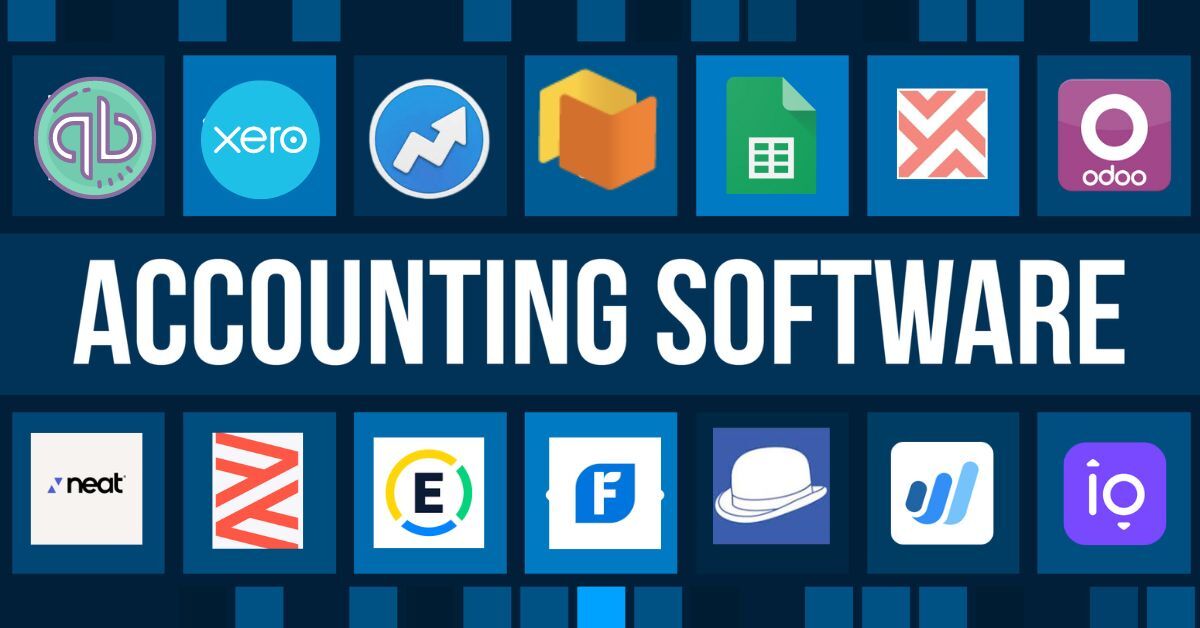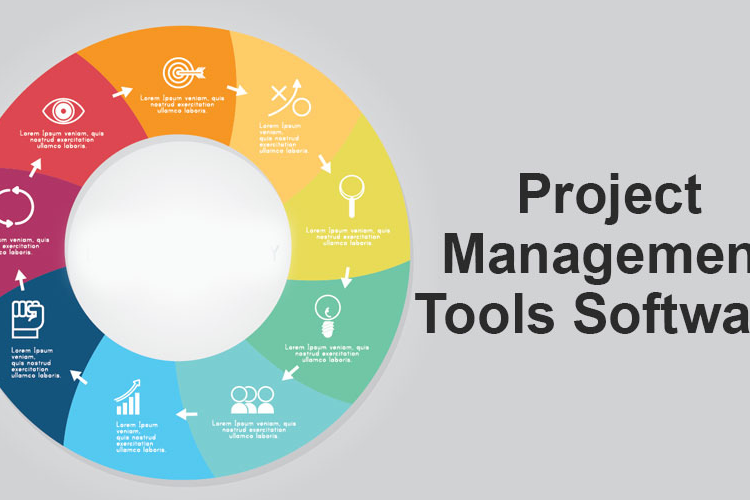Gone are the days when a basic website hosted on a shared server sufficed. Today’s small businesses require a robust online presence capable of handling increasing traffic and complex applications. The best web hosting for small businesses now encompasses a range of solutions, each tailored to different needs and budgets.
Toc
Understanding Your Small Business’s Needs

When searching for the best web hosting for small business, it’s essential to assess your unique requirements. Here are some critical factors to consider:
Website Traffic
Understanding your anticipated traffic levels is crucial. If you’re just starting, you may expect low to moderate traffic, making shared hosting a viable option. For instance, a new e-commerce store might start with shared hosting, but as it gains traction and attracts more customers, it may need to upgrade to a VPS or cloud hosting solution to handle the increased traffic load.
Storage Needs
Evaluate how much storage your website requires based on the type and volume of content you plan to host. Websites with numerous images, videos, or large files will need more storage than a simple blog or informational site. For example, an online educational platform offering video courses would require significantly more storage than a website showcasing a small business’s services.
Technical Expertise
Assess your team’s technical capabilities. If your staff lacks IT expertise, you may benefit from managed hosting services, which provide additional support and maintenance. Managed hosting providers often offer services like security updates, backups, and server monitoring, freeing up your team to focus on your core business operations.
Budget
Establish your budget constraints early in the process. Understanding how much you can spend will help narrow down your options and prevent overspending on features you may not need.
Growth Plans
Consider your future business goals and how they might impact your hosting needs. Choose a provider that can accommodate growth, whether that means handling increased traffic or adding more storage.
Understanding Your Website’s Needs
When it comes to the best hosting for small business, various options are available, each with its pros and cons. Let’s take a closer look at each type:
Shared hosting is often the most budget-friendly option, making it an excellent choice for small businesses with low-traffic websites. However, because multiple websites share the same server resources, performance can be limited. Some argue that shared hosting can still be a viable option for small businesses with low traffic, especially those with limited budgets. It’s important to choose a reputable provider with strong performance and security measures. Popular providers for shared hosting include and .
VPS Hosting
Virtual Private Server (VPS) hosting offers dedicated resources and increased control, making it suitable for growing businesses or those requiring enhanced security. With VPS, you can customize your server environment to meet your specific needs. Reliable VPS hosting providers include and .
Cloud Hosting
Cloud hosting is a flexible and scalable solution that allows businesses to pay for only the resources they use. This option is ideal for those with fluctuating traffic demands, as it can easily adapt to your needs. While cloud hosting offers flexibility and scalability, it can be more complex to manage than traditional hosting options. Businesses with limited technical expertise may need to invest in additional support or consider managed cloud hosting services. Leading cloud hosting providers include and .
Dedicated Server Hosting
For businesses with high-traffic websites or specific server requirements, dedicated server hosting provides maximum control and performance. However, this option typically comes with a higher price tag and requires more technical expertise. Consider and for dedicated hosting solutions.
Managed WordPress Hosting
If your small business relies on WordPress, managed WordPress hosting is a specialized option that optimizes performance and security for WordPress sites. Features often include automatic updates and enhanced security measures. The popularity of WordPress as a content management system (CMS) continues to grow, making managed WordPress hosting a popular choice for businesses using this platform. Well-known managed WordPress hosting providers include and .
Exploring Web Hosting Options for Small Businesses

Selecting the best website hosting for small business involves considering several key factors:
Reliability and Uptime
Consistent website availability is vital for maintaining customer trust. Aim for web hosts with a guaranteed uptime of at least 99.9%, which translates to approximately 43 minutes of downtime per year. Research the uptime history of potential providers to make an informed decision.
Performance and Speed
Website loading speed impacts user experience and search engine rankings. Prioritize hosting providers that offer features like content delivery networks (CDNs) and optimized server configurations. Tools like Google PageSpeed Insights can help you assess your website’s speed.
Security Features
Protecting your website and customer data is paramount. Recent data breaches and cyberattacks have highlighted the importance of robust security measures. Ensure your chosen host provides essential security features such as SSL certificates, firewalls, and regular backups. Additionally, consider providers that offer malware scanning and proactive security updates, including advanced features like DDoS protection, web application firewalls (WAFs), and regular security audits.
Customer Support
Reliable customer support is invaluable, especially for small businesses without dedicated IT teams. Look for web hosts that offer 24/7 assistance through various channels, including phone, email, and live chat. Assess their response times and support quality through user reviews.
User-Friendly Control Panel
An intuitive control panel simplifies website management tasks. Choose providers that offer user-friendly interfaces for handling domain management, email setup, and other essential functions. Popular control panels include cPanel and Plesk.
Backup and Restore Options
Regular backups and easy restore capabilities are crucial for protecting your website from data loss. Ensure your hosting provider offers automated backups and a straightforward process for restoring your site if needed.
Scalability
As your business grows, your hosting needs may change. Choose a provider that allows you to scale your resources easily, whether that means upgrading your plan or adding additional storage and bandwidth.
Best Web Hosting for Small Businesses: Our Top Picks

Based on our research and analysis, here are some of the best hosting sites for small business in 2024:
Bluehost
Bluehost is an excellent choice for small businesses just starting out, offering a variety of affordable shared hosting plans that are ideal for businesses on a tight budget. These plans include a free domain for the first year, ensuring that owners can establish their web presence without additional initial costs. Furthermore, Bluehost provides 24/7 customer support that empowers users with immediate assistance whenever needed. With a strong focus on WordPress expertise, Bluehost is particularly advantageous for businesses that rely on this popular platform. Its combination of cost-effectiveness, reliability, and user-friendly features makes it one of the best small business web hosting options available.
SiteGround
SiteGround is widely recognized for its outstanding uptime and performance, which are critical factors for any successful online business. It offers managed WordPress hosting solutions that include automated updates, ensuring that sites remain secure and up-to-date without additional effort from the owner. SiteGround’s advanced security features, such as daily backups and proactive monitoring, provide peace of mind for business owners concerned about online threats. Its exceptional customer support team is available around the clock, offering personalized assistance to resolve any issues promptly. These attributes make SiteGround stand out as one of the best hosting choices for small business owners seeking reliability and top-tier performance.
A2 Hosting
A2 Hosting is known for its Turbo Servers, which deliver enhanced speed and performance that can significantly improve user experience. It appeals to tech-savvy businesses with its developer-friendly features, including support for multiple programming languages and frameworks. Additionally, A2 Hosting offers free site migration, making the transition to their services seamless for businesses moving from another provider. While it may be pricier than some other shared hosting options, its reliability and scalability offer long-term value for businesses requiring high performance and the ability to grow with their needs.
HostGator
HostGator provides a range of affordable shared hosting plans with numerous unlimited features, such as unmetered bandwidth and storage, which are particularly appealing to budget-conscious businesses. Its user-friendly cPanel simplifies the management of websites, making it accessible even for those with limited technical expertise. HostGator also includes a 45-day money-back guarantee, offering a safety net for users who want to try the service risk-free. Although it may lack some advanced security features found in other providers, it remains a popular choice among small businesses due to its competitive pricing and user-friendly interface.
InMotion Hosting
InMotion Hosting is renowned for its excellent customer support, which consistently receives high marks from users. Its solid website performance ensures that small businesses can deliver a fast and responsive experience to their visitors. One of its standout features is the free migration services it offers, simplifying the process for businesses switching from another host. Although InMotion Hosting may come at a slightly higher price compared to some competitors, its reliability, responsiveness, and comprehensive support make it an attractive option for small businesses seeking dependable hosting solutions.
Essential Considerations for Choosing a Web Host
To find the best domain hosting for small business, start by reviewing your specific needs and priorities. Compare the features and pricing of various providers, read user reviews, and consider any additional perks like free domain registration or website builders. Understanding the terms of service, service level agreements, and money-back guarantees will help you make an informed decision.
Finding the sweet spot between affordability and essential features is paramount for small businesses seeking the best web hosting solution. While budget-friendly options are appealing, ensure that you’re not sacrificing critical capabilities like security, scalability, or customer support.
Frequently Asked Questions (FAQ)

Q: What is the difference between shared hosting and VPS hosting?
A: Shared hosting is a budget-friendly option where multiple websites share resources on a single server. VPS hosting, on the other hand, provides dedicated resources for each virtual server, offering improved performance, scalability, and greater control over server configurations.
Q: How can I determine the best web hosting plan for my small business?
A: To determine the best web hosting plan, start by assessing your specific needs, such as anticipated website traffic, storage requirements, and technical expertise. Compare the features and pricing of different providers, and consider factors like reliability, security, and customer support. Additionally, think about your business’s growth trajectory and choose a hosting plan that can scale with your needs.
Q: What are the key security features I should look for in a web hosting provider?
A: When choosing a web hosting provider, prioritize security features such as SSL certificates, firewalls, regular backups, and malware scanning. These measures help protect your small business website and customer data from potential breaches. Look for providers that take a proactive approach to security and keep their platforms up-to-date with the latest security protocols.
Q: How can I ensure my website has good uptime and performance?
A: To ensure good uptime and website performance, look for web hosting providers with a strong track record of high uptime percentages and features like content delivery networks (CDNs) and optimized server configurations. Regular monitoring and proactive maintenance can also help maintain your website’s performance. Consider partnering with a web hosting provider that offers 24/7 monitoring and quick response times to address any issues that may arise.
Conclusion
Choosing the best web hosting for small business in 2024 is a critical decision that can significantly impact your online success. By understanding your needs, exploring the various web hosting options, and considering the key factors, you can make an informed choice that will support the growth and success of your small business. Start your journey to finding the right web hosting provider today and take your online presence to new heights.
Whether you’re a new entrepreneur or an established small business owner, the right web hosting solution can be the foundation for your digital success. By investing in a reliable, secure, and scalable web hosting provider, you can focus on growing your business, confident that your online presence is in good hands.











